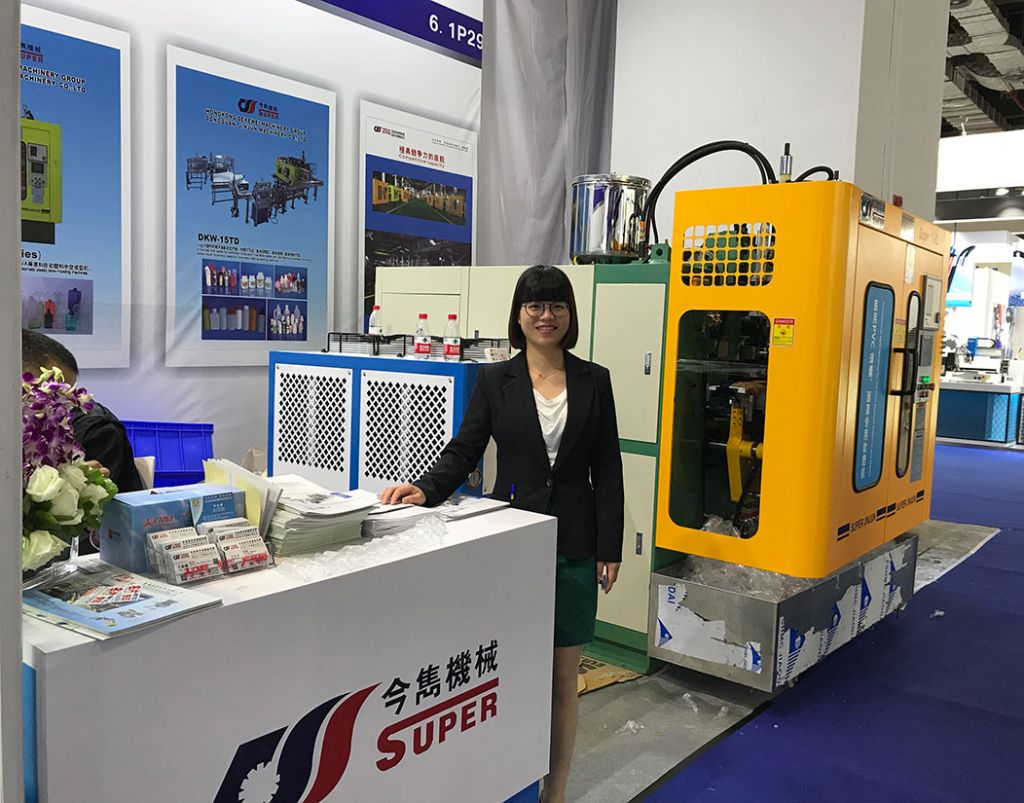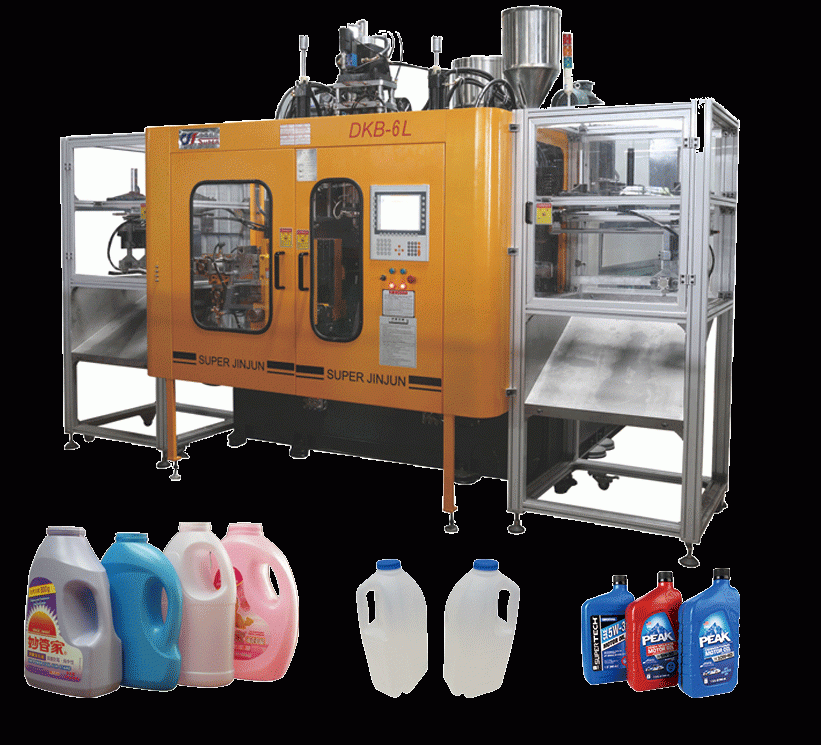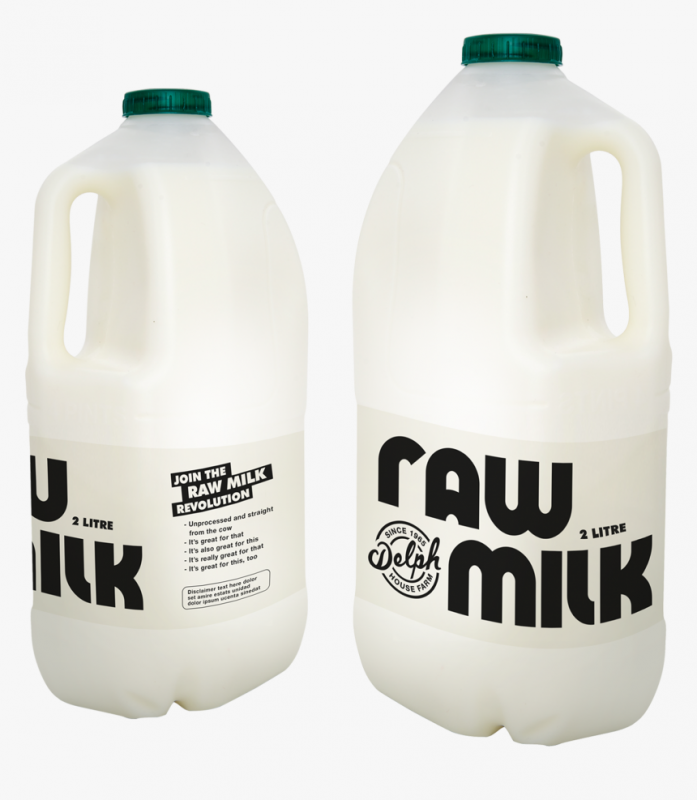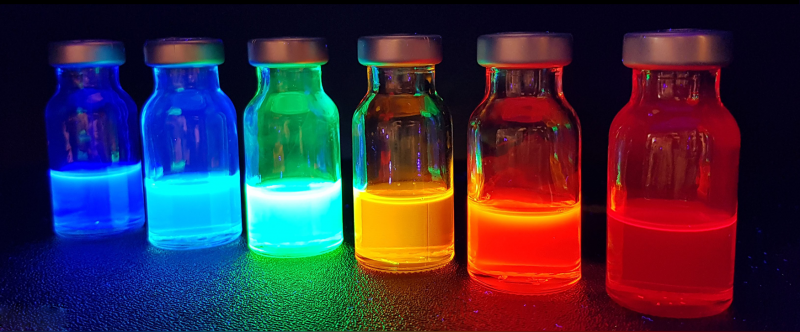



FOB Price
Get Latest Price20000 ~ 40000 / Set ( Negotiable )
|1 Set Minimum Order
Country:
China
Model No:
-
FOB Price:
20000 ~ 40000 / Set ( Negotiable ) Get Latest Price
Place of Origin:
China
Price for Minimum Order:
20000 per Set
Minimum Order Quantity:
1 Set
Packaging Detail:
wood box
Delivery Time:
60 days after deposit
Supplying Ability:
30 Set per Month
Payment Type:
PayPal, Money Gram, Western Union, D/P, D/A, L/C, T/T
Product Group :
Contact Person carlos
Dongguan, Guangdong
Plastic Machine For Production Of Raw Milk Storage Bottle By Blow Molding
Keeping milk chilled is critical to keeping it fresh. Whether you are storing raw milk or pasteurized milk, you should always keep it in the refrigerator.
It should never sit out at room temperature. If all you plan to do with your milk is drink it, then store it in clean glass jars, 2-quart size or smaller.
Every time a jar is opened and exposed to air, there is the
possibility of contamination. For now, plastic container for raw
milk storage is most popular in the world.
Plastic milk containers are plastic containers for storing, shipping and dispensing milk. Plastic bottles, sometimes called jugs, have largely replaced glass bottles for home consumption. Glass milk bottles have traditionally been reusable while light-weight plastic bottles are designed for single trips and plastic recycling.
Packaging of milk is regulated by regional authorities. Use of Food contact materials is required: potential food contamination is prohibited.
Strict standards of cleanliness and processing must be followed.
The most common material in milk packaging is high density polyethylene (HDPE), recycling code 2. Low density polyethylene (LDPE), and polyester (PETE),are also in use. Polycarbonate had been considered but had concerns about potential contamination
Blow molded plastic milk bottles have been in use since the 1960s.HDPE is the primary material but polyester is also used. A wide variety of milk bottle designs are available. Some have a round cross section while others have a more square or rectangular shape. A special flat-top square milk jug was recently developed to maximize shipping and storing efficiency but had some difficulties in dispensing. Many milk bottles have integral handles.
Milk bags are also in use. The milk is sold in a plastic bag and put into a pitcher for use.Small individual containers of milk and cream are often thermoformed or injection molded and have a peelable lid. These are often used in restaurants.
The shelf life of pasteurized milk in HDPE bottles and LDPE pouches has been determined to be between 10 and 21 days when stored at 4-8 °C. Other factors such as light and temperature abuse have effects. Shelf life can be extended by ultrapasteurisation and aseptic processing.
Milk containers for retail sale must contain the same amount of
milk as indicated on the label. To be acceptable to consumers, the
containers must also appear to be completely full. Therefore, the
volume of the container must be precisely controlled. The designer
of a die for a blow moulded bottle can never be completely sure of
how much the finished bottle will hold. Shrinkage always occurs
after the item is released from the mould. The amount of shrinkage
depends upon many factors, including cycle time, inflation air
pressure, time in storage prior to filling, storage temperature,
and more.
A volume adjuster insert is one way to slightly adjust the volume
of a bottle, without building a completely new mould. A volume
insert attaches to the inside of a mould, creating a circular
indentation on the side of the finished bottle. Different size
inserts can be used as manufacturing circumstances change,for
example mould temperature or cooling rate. The volume of finished
bottles is periodically measured, and volume inserts are changed as
needed.
What is Blow
Molding?
The process of blow molding follows the basic
steps found in glass blowing. The blow molding process is
designed to manufacture high volume, one-piece hollow objects. If
you need to make lots of bottles, this is the process for you.
Blow molding creates very uniformly, thin-walled containers. And,
it can do so very economically.
Blow molding offers several distinct
advantages including:
The costs in blow molding are lower as
compared to injection molding
Machinery costs are typically lower as
well
One-piece construction so that theres no need
to connect part halves, which can achieve shapes that injection
molding cannot produce
With blow molding, a plastic tube is heated
and filled with air until it essentially becomes a balloon of hot
plastic called a parison. A mold is then clamped around this,
trapping the plastic while air continues to fill the parison into
the shape of your part. The size of the machine and associated
costs to produce a blow molded product is based on the weight of
the plastic shot used in the mold.
blow molded parts
Blow molds have more design freedom between
mold halves since each mold half forms its own wall shape. With
blow molding, creating the mold is important but there are
variables as well such as wall thinning, air leaks, flash, and
streaks that must be monitored. For example, wall thickness
variation is often an essential factor for product designers to
consider. Quality control is an important part of the process.
And, its important to look for a supplier that is qualified and
trained to measure, monitor, and improves every aspect of the
product.
blow moldingis
widely taken for productionwater
bottles, shampoo and other small bottles, automotive parts,
stadium seating and chairs, watering cans, coolers, or any other
type of hollow parts.
| Country: | China |
| Model No: | - |
| FOB Price: | 20000 ~ 40000 / Set ( Negotiable ) Get Latest Price |
| Place of Origin: | China |
| Price for Minimum Order: | 20000 per Set |
| Minimum Order Quantity: | 1 Set |
| Packaging Detail: | wood box |
| Delivery Time: | 60 days after deposit |
| Supplying Ability: | 30 Set per Month |
| Payment Type: | PayPal, Money Gram, Western Union, D/P, D/A, L/C, T/T |
| Product Group : | blow molding machine |